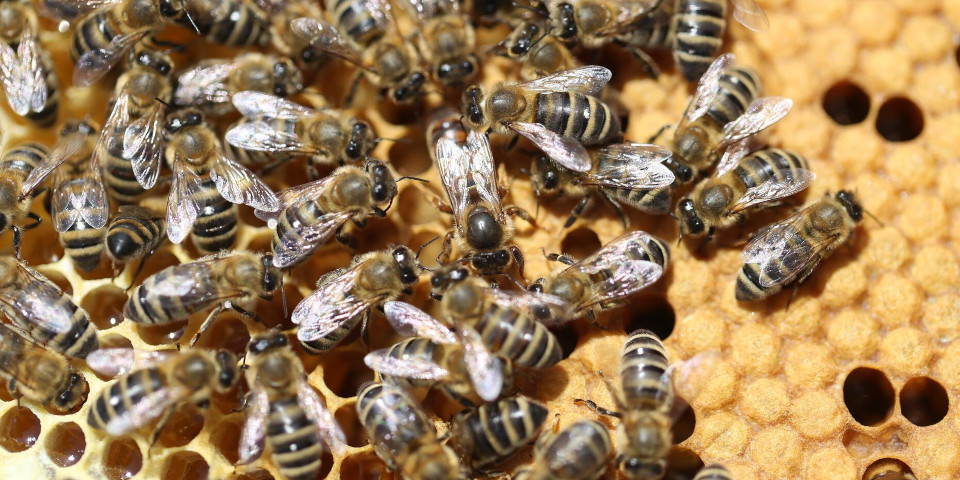Honey bees, Apis mellifera, have for millennia been managed and exploited by humans and introduced into most suitable regions worldwide. However, given the lack of records for many introduction events, treating A. mellifera populations as native would predictably bias genetic studies regarding origin and evolution. Here, we used the Dongbei bee, a well-documented population, introduced beyond the natural distribution range approximately 100 years ago, to elucidate the effects of local domestication on animal population genetic analyses. Strong domestication pressure was detected in this population, and the genetic divergence between Dongbei bee and its ancestral subspecies was found to have occurred at the lineage level. Results of phylogenetic and time divergence analyses could consequently be misinterpreted. Proposing new subspecies or lineages and performing analyses of origin should thus strive to eliminate anthropogenic effects. We highlight the need for definitions of landrace and breed in honey bee sciences and make preliminary suggestions.
2430 Members
127 Countries!
127 Countries!










